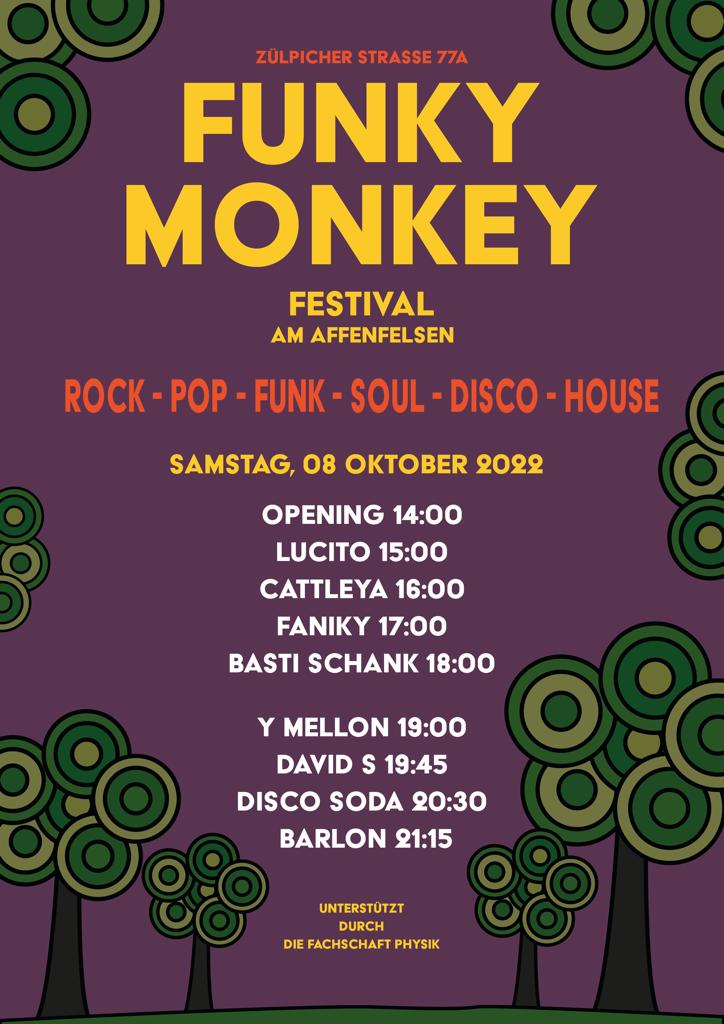Tuesday, 11th of October, 4pm
Seminar room of the nuclear physics institute
Language: English
Not only interesting for master students as the decisions made now will influence the current Ba students most.
In theory, the research phase of Your master studies should take two semesters. In our experience however, many students take more than a year and have to extend their study duration.
We, the examination board, are discussing possible improvements for research phase regulations and need Your opinion!
Join us on Tuesday, October 11th at 16:00 in the seminar room of the nuclear physics department (”Seminarraum Kernphysik”).
Afterwards, the regular student council meeting will take place, which You are just as welcome to join.
